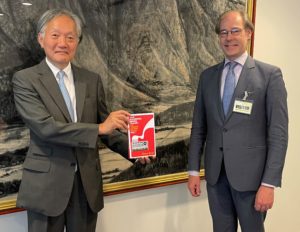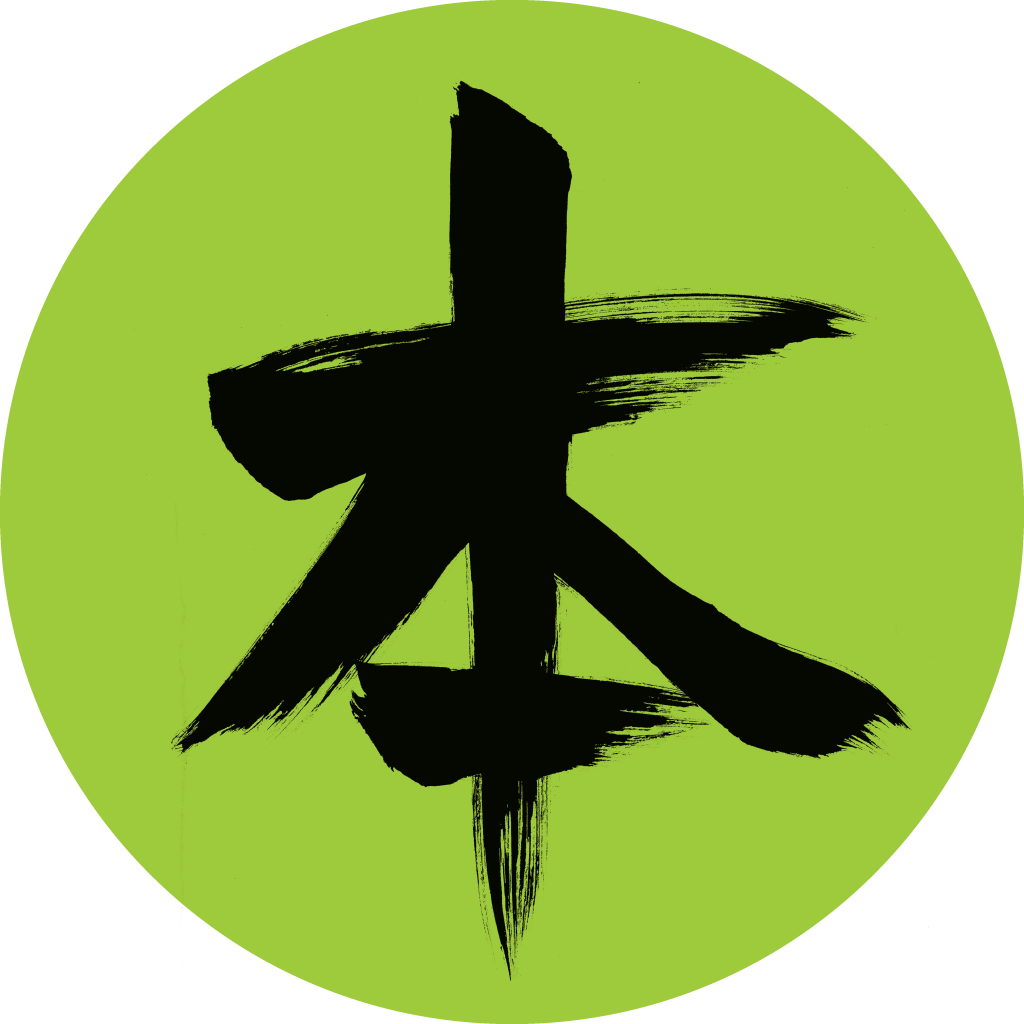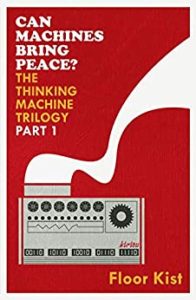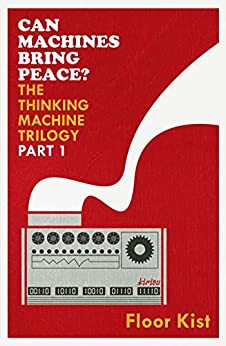“First Book” is a column where we ask first-time authors what inspired them to write their debut book/novel/translation.
Books on Asia: What’s your book’s elevator pitch?
Floor Kist: The novel is about a young diplomat who builds a Thinking Machine to bring peace, but instead, it discovers a plot for war.
BOA: Can you explain the genre of your book and what makes it stand out among its genre?
Kist: The genre of the book is hard science fiction. I’ve tried my best to base the technologies in the novel on existing ones. I also conceptualized serious reasons why the setting has a 1930s retro vibe. So, after a Final War that apparently destroyed civilization, survivors hid inside underground vaults. Only, after more than two hundred years, most of the technology ceased working. And the survivors had to revert to older more mechanical technology to keep the vaults working.
There is a lot of science fiction where (excuse the stereotyping) a former marine saves the universe from creepy aliens. And I wanted something very different. The book is about hope and how different people work together to achieve it, despite their differences. They solve their problems with their wits, not their fists.

BOA: You live in the Netherlands, right? What is your connection to Japan?
Kist: My father met Emperor Akihito and Empress Michiko many years ago and Japan an ideal setting for the story I wanted to tell. The mythical origin of the Imperial family dates back more than two thousand years and I wanted to connect this deep past with four hundred years in the future.
There is something special in the look and feel of Japan in the 1930s that I saw in some old movies. I wanted a traditionalistic world with old fashioned politeness with a strong undercurrent of stiffness and resistance to change, issues that Japan is still dealing with these days.
BOA: Why are you the person to write this book?
I’m a local politician in my town (Deputy-Mayor for the Green Party), and every day I am convinced that we need to work together to deal with the big issues we’re facing. I am also an AI researcher and interested in how AI can be used to resolve society’s big issues. The idea of bringing peace and trying to bring people together is basically my daily job. The idea of designing a thinking machine to help solve big issues in society is what I’m writing my doctoral thesis on. For six years I’ve been interested in how AI will help deal with complexity.

BOA: How has COVID-19 helped (or hindered) the writing process?
Kist: Making time to write can be challenging. There are just so many distractions. So, I really make time in my schedule to write, even if it’s just half an hour. This was an incredible lesson: plan to write. That’s the only way you will finish your novel. I know people have dealt with the COVID-19 lockdowns in different ways. I’ve seen how it affected my kids. But somehow it gave me the time and the calmness to write the novel I had been carrying around for many years.
Visit Floor Kist’s website or follow him on Goodreads


